For your organisation to reach new heights, having good team morale is a must. Team morale equips professionals with the confidence, self-esteem, and drive to work towards a shared goal. When employees have higher morale, they’re likely to feel more satisfied in their jobs, which motivates them to improve their performance at work and overcome any challenges.
With this in mind, workplace culture can impact your team’s morale. Toxic workplaces can leave employees feeling stressed, upset, and detached from their jobs. It can prevent them from delivering quality work and lead to a higher employee turnaround.
Conversely, a good company culture provides employees with a healthy and supportive work environment, which helps them develop a sense of belonging and purpose within their organisation. Hence, implementing a good work culture is one of the most effective ways of boosting team morale. To learn more about the benefits, here’s how the right culture can bring out the best in your team:
It Helps Team Members Feel Valued and Respected
A good work culture ensures that employees feel like valuable members of their organisation which can be a big morale booster. There are different ways to approach this, but below are a few tried and true effective practices:
Recognising Employee Achievements
Studies have shown that 79 per cent of professionals resign from their jobs due to feeling underappreciated. Hence, it’s important to recognise team members for accomplishments and contributions. It can help them feel like they’re part of something important and meaningful, increasing confidence and engagement at work.
Promoting Employee Wellbeing
A workplace culture that safeguards team members mental and physical well-being can also raise their morale. After all, it’s hard to stay enthusiastic when you’re exhausted or ill. Offering medical benefits and wellness programs can help employees de-stress and stay healthy throughout their tenure.
Fostering Communication
Team morale also increases when employees feel respected and listened to. Hence, this is why having the right work culture can foster an environment of open communication.
In a healthy work culture, team members won’t be afraid to approach company leaders with their questions, clarifications, and concerns. Additionally, employees are likely to feel more invested in their work when they know their thoughts and ideas are of value. It can also result in better participation and innovation among team members.
It Turns Problems into Learning Opportunities
When a problem occurs, the instinctive reaction is to look for someone to blame. However, this can create a confrontation style environment that dampens team morale.
On the other hand, a healthy work culture encourages leaders and team members to focus on how to problem solve rather than focus on who caused it. It also encourages employees to be unafraid of making mistakes and view errors as opportunities for improvement. By eliminating stress and anxiety, team members can think clearly and formulate rational solutions to any problems that may come up.
It Encourages Professional Growth
Boredom and career stagnation are two leading causes of reduced morale among employees. When team members feel like they’re working at a dead-end job, they can lose motivation and interest in their work.
That’s why a good company culture provides employees with the opportunity to grow their careers or learn new skills. It may come as promotions or training programs for technical and soft skills. Providing employees with the resources they need to thrive can help reinvigorate their careers. It can increase their sense of self-worth and give them something to look forward to at work.
It Establishes Camaraderie
For team morale to flourish, employees should have meaningful connections with their managers and co-workers. With that in mind, a healthy work culture allows team members to relax and bond with their colleagues. Activities that establish camaraderie include team-building exercises, parties, and company getaways. With good rapport and high morale, team members can develop better collaboration skills.
It Builds Trust
Trust is one key factor in building team morale. According to studies, 80% of workers want to be kept in the loop about company decision-making.
It is why transparency is a necessary element in any good workplace culture. When team members are in the dark, they may assume the worst. Uncertainty can cause unpleasant rumours to circulate, which, in turn, can negatively affect team morale. When companies practise transparency, they establish a relationship of trust and security with their employees.
As shown in the sections above, implementing a good work culture in your company is the best way to raise morale. Employees who genuinely enjoy working in an organisation are likely to stay invested in it and what it stands for. Raising team member morale increases productivity, performance, and creativity all in one fell swoop.
If you want to know more, call us on 1300 551 274, or send an email to team@teamfocusplus.com. We look forward to hearing from you.





